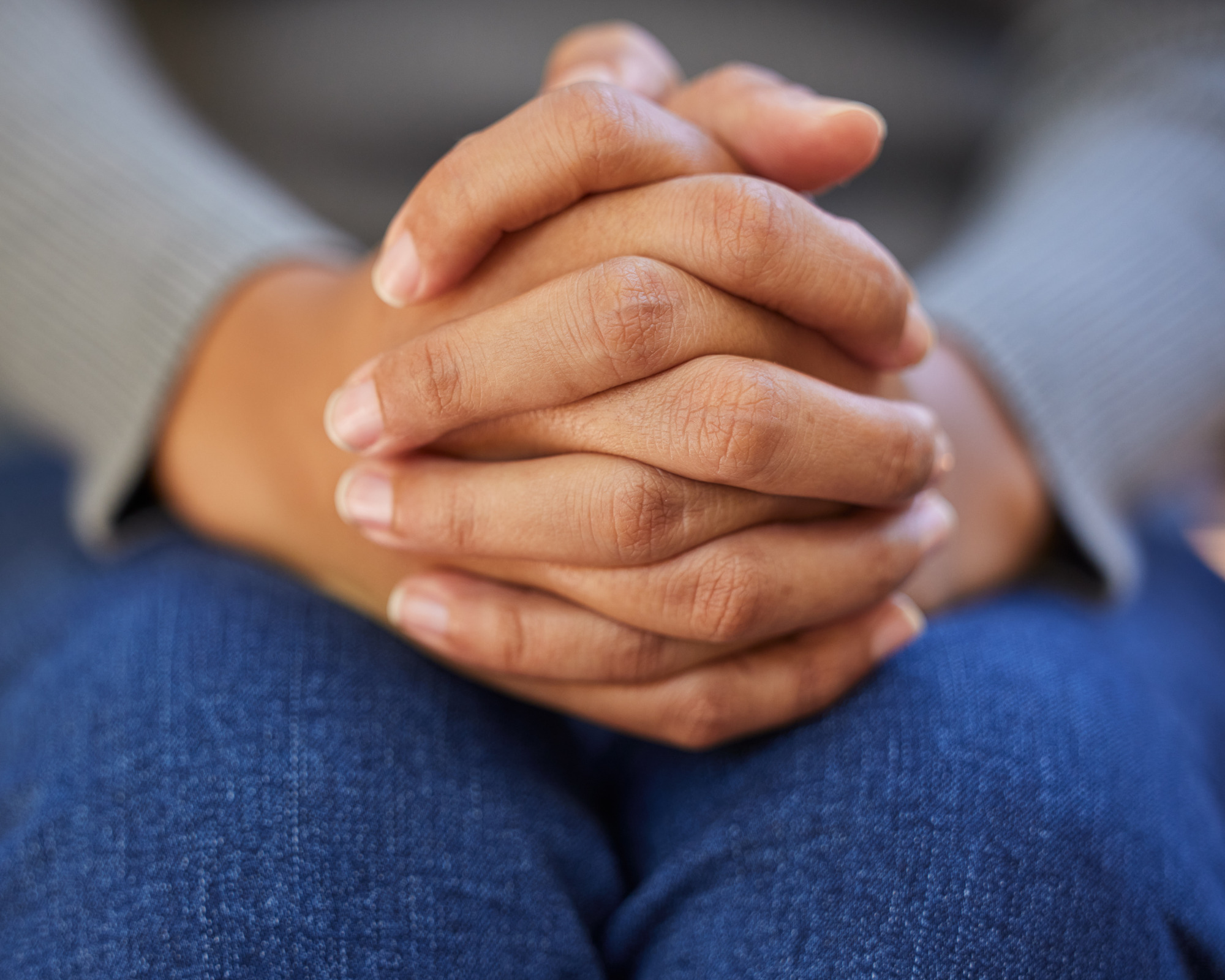The Supreme Court has now handed down Judgment in the case of Paul & Another v Royal Wolverhampton NHS Trust. In respect of what is known as Secondary Victim Claims.
Prior to the Judgment, Claimants were able to claim that they had suffered psychiatric injury by reason of witnessing the death of a close relative where the death was caused by the breach of duty of the Defendant for which they were entitled to damages.
Although the law was far from clear, the consensus was that the Claimant did not need to see the breach of duty, but would have to witness the death or serious injury and if this caused them psychiatric damage, then they could recover damages as a secondary victim. An example may be that a husband attends A&E with a thunderclap headache which turns out to be a brain haemorrhage. This is not identified in A&E and he is sent home. This is a breach of duty. 3 days later he collapses and dies at home in front of his wife who suffers post traumatic disorder as a result. She did not witness the breach of duty in A&E, but witnessed the consequences of that, being her husband’s death. The wife would have a claim as a secondary victim.
However, in the case of Paul & Another v Royal Wolverhampton NHS Trust, the Supreme Court has now decided that simply witnessing the death or serious injury is insufficient and the secondary victim had to witness an accident or traumatic event, external to the primary victim in order for there to be recoverability. The term “accident” in a clinical negligence sense is the breach of duty. Therefore, unless the breach of duty (accident) causes immediate death and is witnessed by the close relative then the Claimant can no longer recover damages.
In respect of clinical negligence claims, this effectively brings an end of secondary victim claims. It is difficult to know of any circumstances where secondary victim claims will now arise in clinical negligence cases.
This will be a disappointment for relatives who have suffered psychiatric injury as a result of witnessing the death of a loved one and is a very bad decision for Claimants and their lawyers. Although it is said that it brings clarity to the law, it does mean that there are clear circumstances where Claimants can be injured by the medical profession’s negligence and not be able to recover damages. A very difficult decision for those it affects.
This case does not affect the right of the Deceased’s Estate to bring a claim on behalf of the Estate for any other losses arising from the Deceased’s death.
Article written by Head of Medical Negligence – Tom Barnes
